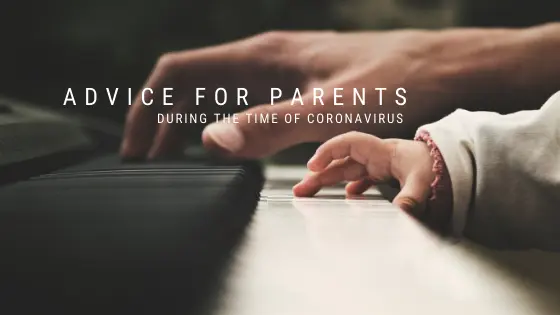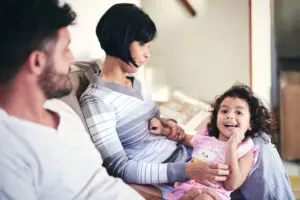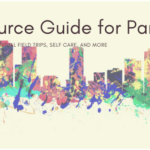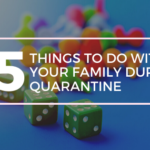First, give yourself permission to be a “good enough” parent. There is a culture of hyper-productivity on social media right now. Try to remember that much of the posts you are seeing are a reflection of other people’s attempts to manage their own anxiety, and not what is right or true for you. In fact, the most reasonable way to handle a crisis is to take a deep breath and just try to get through each day with as much stability and empathy as you can. Your children are not going to remember whether you did fabulous at home science experiments during this epidemic. They will remember whether they felt safe, connected, and cared for by their family during this frightening time.
Bring your expectations down for yourself and for your children. It is incredibly normal for your kids to regress and act younger than they actually are at this time. This is a common response to stress for children and teens. Try to avoid punishing “babyish” behaviors, and instead meet those displays with as much empathy as you can.
Try to avoid comparisons. There’s always someone who has it better than you or is doing more than you and there’s always someone who has it worse than you or is messing up more than you are.
Practice self-compassion. Every day at the end of the day take a moment on your own or with a friend or your spouse and share the little successes that you had. Were you able to be a little bit more patient with your child today than you were yesterday? Did you find a creative way to use the random food you have in your pantry to make a meal that your kids would actually eat? Were you able to laugh at a funny meme or a silly dad joke today? These are all reasons to celebrate.
If you find yourself checking the news more often than normal and discussing the latest death tolls or infection rates with your spouse, consider how you can protect your children from your own anxieties. Try not to talk about the day’s tragedies in front of them. It’s important to be honest and give them a sense of what’s going on, but just as too much information is probably not good for you, it’s much worse for them. Remember, children have so much less ability to make sense of it and no ability to do anything to help. When they express fears or ask questions like “are my grandparents going to die?” Or “is the whole world dying?” Understand that children have an incredibly hard time understanding scale and percentages. Rather than just assuring them everything is going to be OK, acknowledge that this is a scary time and tell them about the real things that you are doing to keep them safe. Remind them that their grandparents, teachers, neighbors, and friends are all doing what they can to keep themselves and each other safe. Talk to them about the amazing work that medical researchers are doing to find ways to treat this disease and the amazing job or communities are doing by staying at home.
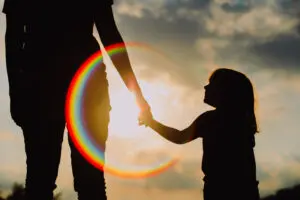
Even the worst storms eventually run out of rain.

